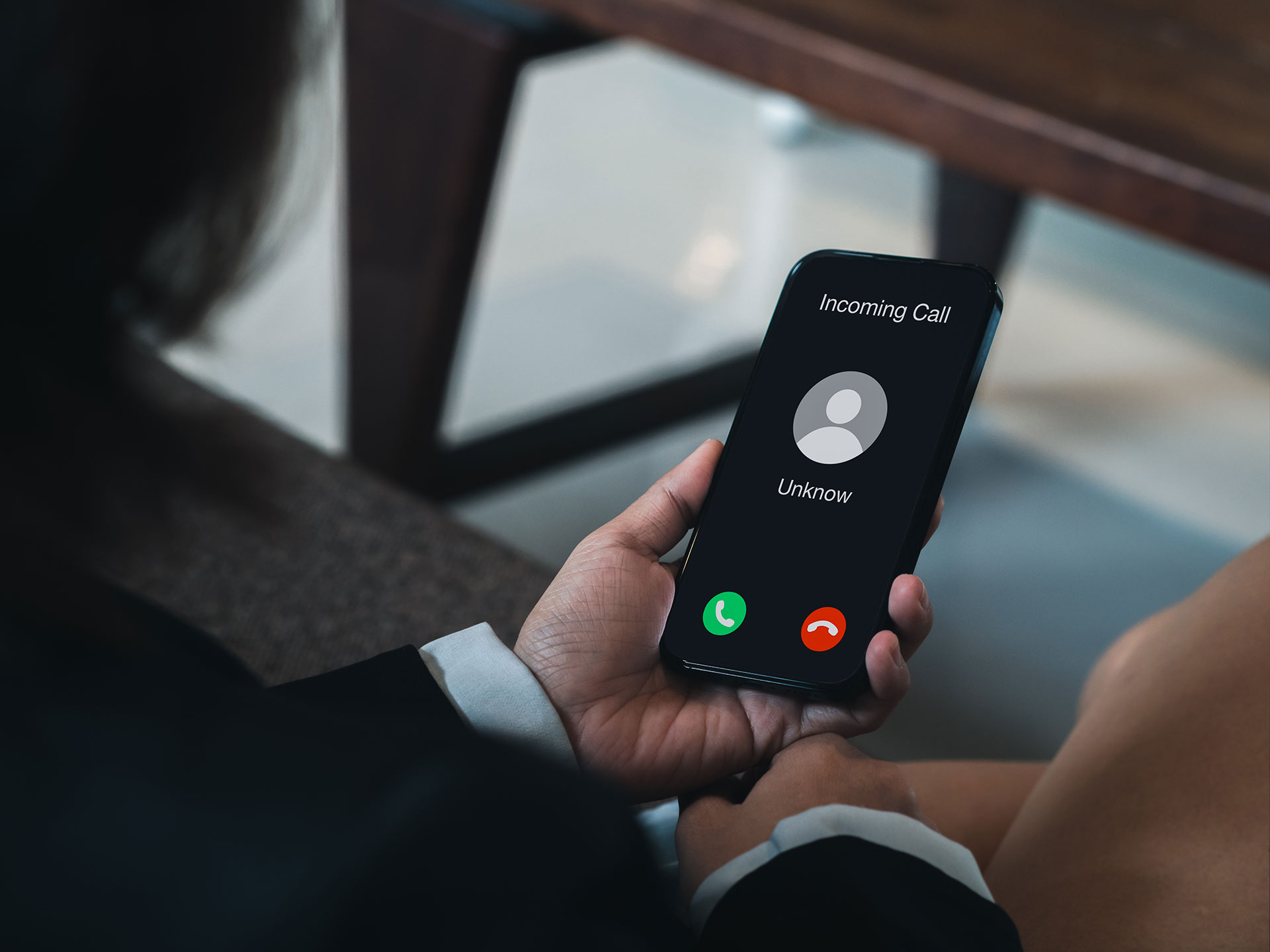AI Robocalls: Bad for Business and Banned by the FCC
The world of artificial intelligence is poised to advance industries like healthcare, manufacturing and customer service, leading to higher-quality experiences for both consumers and corporations. Unfortunately, the power of AI can also have adverse effects on the stakeholders it was designed to benefit. One of these effects that undermines the trust of consumers is AI robocalls.
In January 2024, some New England voters were subject to robocalls that used the voice of President Joe Biden to encourage New Hampshire voters to skip the primary. The robocall was artificially generated and is being probed by the New Hampshire Attorney General’s Office as an attempt at voter suppression. This is just one of several examples where AI is utilized to deceive rather than inform. It did not go unnoticed by U.S. regulatory authorities.
The Federal Communications Commission voted unanimously in February 2024 to adopt a Declaratory Ruling that recognizes calls made with AI-generated voices are “artificial” under the Telephone Consumer Protection Act (TCPA). The ruling, which took effect immediately, made voice cloning technology used in common robocall scams targeting consumers illegal.
Bad actors are using AI-generated voices in unsolicited robocalls to extort vulnerable family members, imitate celebrities, and misinform voters. We’re putting the fraudsters behind these robocalls on notice,” said FCC Chairwoman Jessica Rosenworcel. “State Attorneys General will now have new tools to crack down on these scams and ensure the public is protected from fraud and misinformation.”
The rise of these types of calls has escalated during the last few years as this technology now has the potential to confuse consumers with misinformation by imitating the voices of celebrities, political candidates, and close family members. While currently State Attorneys Generals can target the outcome of an unwanted AI-voice generated robocall—such as the scam or fraud they are seeking to perpetrate—this action now makes the act of using AI to generate the voice in these robocalls itself illegal, expanding the legal avenues through which state law enforcement agencies can hold these perpetrators accountable under the law.
The TCPA gives the FCC civil enforcement authority to fine robocallers. The Commission can also take steps to block calls from telephone carriers facilitating illegal robocalls. In addition, the TCPA allows individual consumers or an organization to bring a lawsuit against robocallers in court. Lastly, State Attorneys General have their own enforcement tools which may be tied to robocall definitions under the TCPA.
The promise of AI for efficiency and automation across industries is undeniable. However, AI robocalls cast a long shadow on this technological advancement. As the demand for transparent, responsible, and privacy-conscious communication grows from both consumers and businesses, it’s clear that consumers deserve businesses that prioritize ethics and put consumers first. Gabbit does just that. We are a premiere provider of VoIP communication solutions for businesses of all sizes.
Your choice in communication providers
is important to your success.
is important to your success.
Once you’ve made the switch to Gabbit, you will see why our clients have come to trust our reliable state-of-the-art cloud based-solutions. Gabbit gives enterprise-level features with superior cloud phone technology at a fraction of the cost of traditional phone systems. We are experts in everything VoIP. Choose the efficiency, scalability, and reputation-building service of Gabbit VoIP. Contact Gabbit today at 1-855-542-2248.
